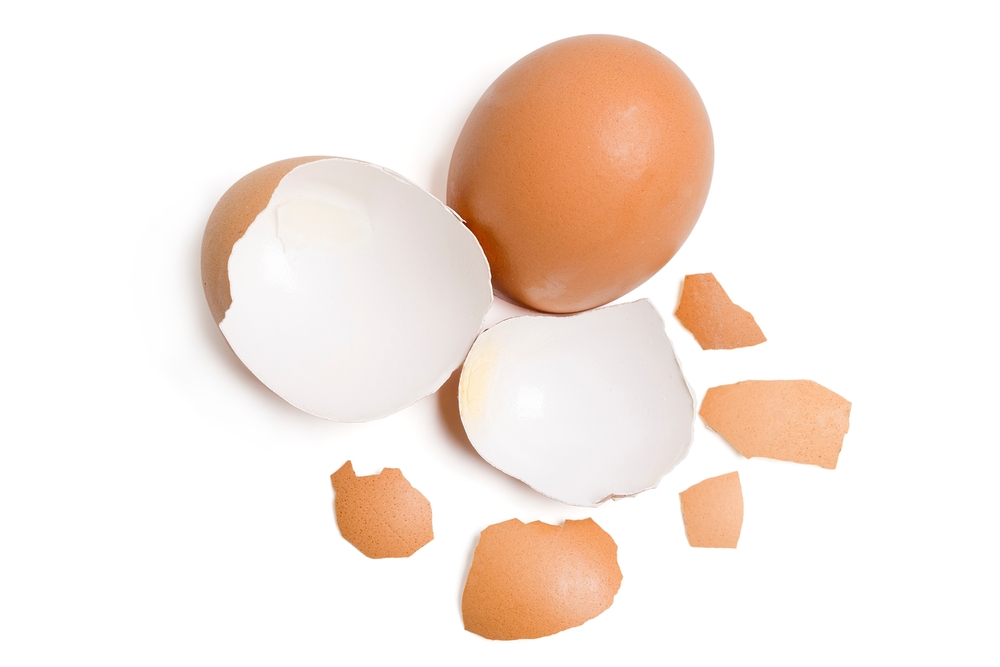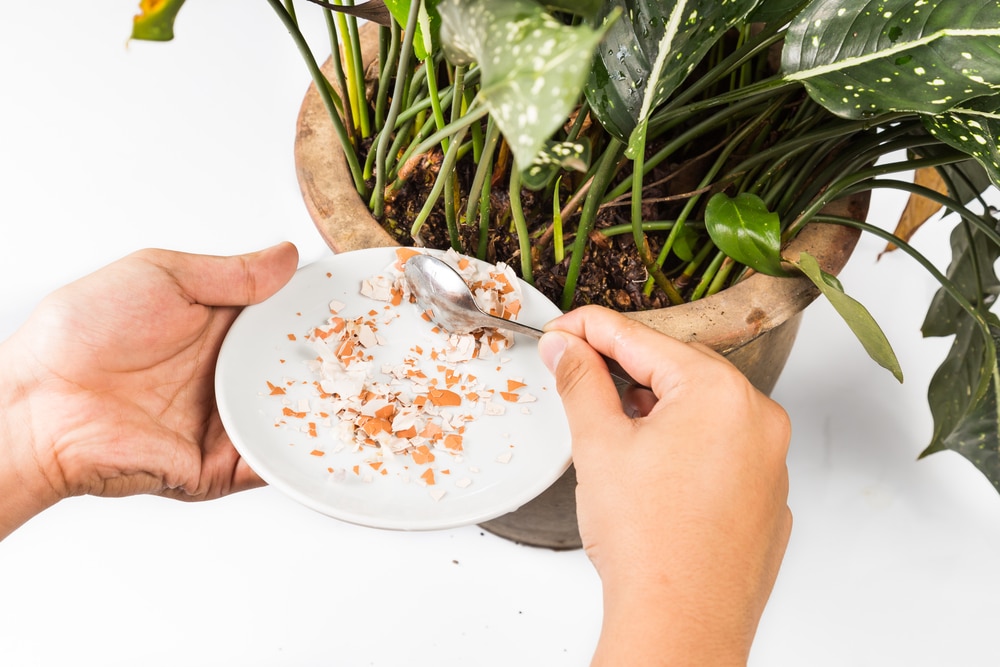If you’re searching for an easy and inexpensive way to fertilize your garden, consider using eggshell fertilizer. This simple and versatile fertilizer offers a range of benefits, from improving the structure of your soil to increasing nitrogen levels. If you like eggs, you’ll also have a source of fertilizer readily available.
However, egg shells also have some drawbacks, including the fact that they can take some time to break down in the soil. Whether you’re considering adding eggshell fertilizer to your garden or deciding if it’s right for you, read on to learn more about the pros and cons of using this popular organic fertilizer.
The benefits of egg shell fertilizer

There are many benefits when using eggshells as a fertilizer. They provide calcium for plants, and the shell helps hold moisture in the soil. This is especially important in drier climates where extra water is important because of limited rainfall.
Eggshells also release nutrients gradually, protecting against nutrient burn and leaching. When crushed, eggshells create a fine texture to the soil, which helps improve its structure and creates ideal conditions for roots to grow.
- Contains calcium, phosphorous, and potassium
- Helps encourage plant growth, promotes strong cell walls
- Improves soil health
- Organic and readily available
- Easy to make
- Impossible to overfeed your plants
- Won’t burn your plant’s roots
- Slow release
- They reduce soil pH and make acidic soils more neutral
- Can help to prevent blossom end rot
- Great for tomatoes, roses, and peppers. It can also be used for other plants
Some drawbacks of using egg shell fertilizer
While there are many benefits to using eggshell fertilizer, there are some drawbacks. It can take some time for the shells to break down in the soil, making them more challenging to work with. To avoid this, you can crush the shells before adding them to your compost.
In addition, some people may be uncomfortable adding eggshells to their garden because they are a food byproduct. Some eggshells contain bacteria that can affect the health of your plants and soil.
Egg shells aren’t a complete fertilizer, so you may need to use them in conjunction with other organic fertilizers.
- If you don’t crush the shells well enough, they will take a while to decompose
- Traces of raw egg can contain harmful bacteria that will affect plants
- Egg shells can attract rats to your compost pile
- Can change your composts pH if you add too many egg shells
- Egg shells aren’t a complete fertilizer for most plants
How to make egg shell fertilizer
Egg shell fertilizer is easy to make. It can be added to your house plant soil or mixed into a compost heap and used outdoors. This fertilizer will add nutrients to your soil and change its structure.
Follow these tips to make your own fertilizer:
- Eat some eggs for breakfast. You’ll need to use the shells of cooked eggs to make this fertilizer.
- Wash the eggshells
- Put the shells into a bag and crush them with a rolling pin
- Continue crushing the shells until they are a fine powder
- Add the crushed shells to your compost heap or topdress your house plants
- Water the plants after application
- Egg shell fertilizer can be used every four weeks
Is egg shell fertilizer right for you?
Whether or not egg shell fertilizer suits your garden depends on your individual needs and preferences. If you live in a dry climate where extra moisture is needed, it may be a great option to help improve soil structure and increase calcium levels.
However, if you have limited space or prefer not to use food byproducts in your garden, there may be a better fit for you than eggshell fertilizer. Ultimately, weighing the pros and cons is essential when deciding what works best for you and your garden.
You may also be interested in finding out whether eggshells are good for fig trees.
